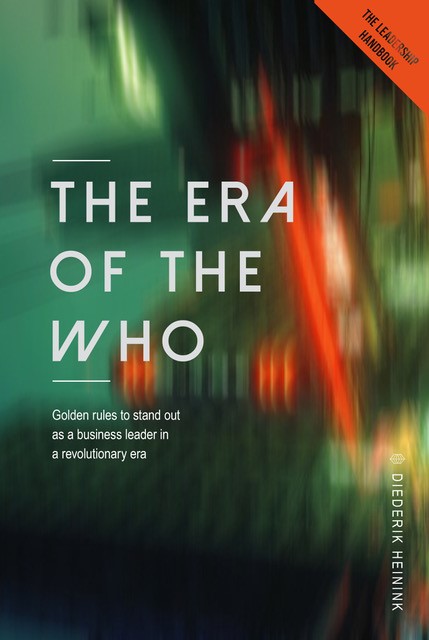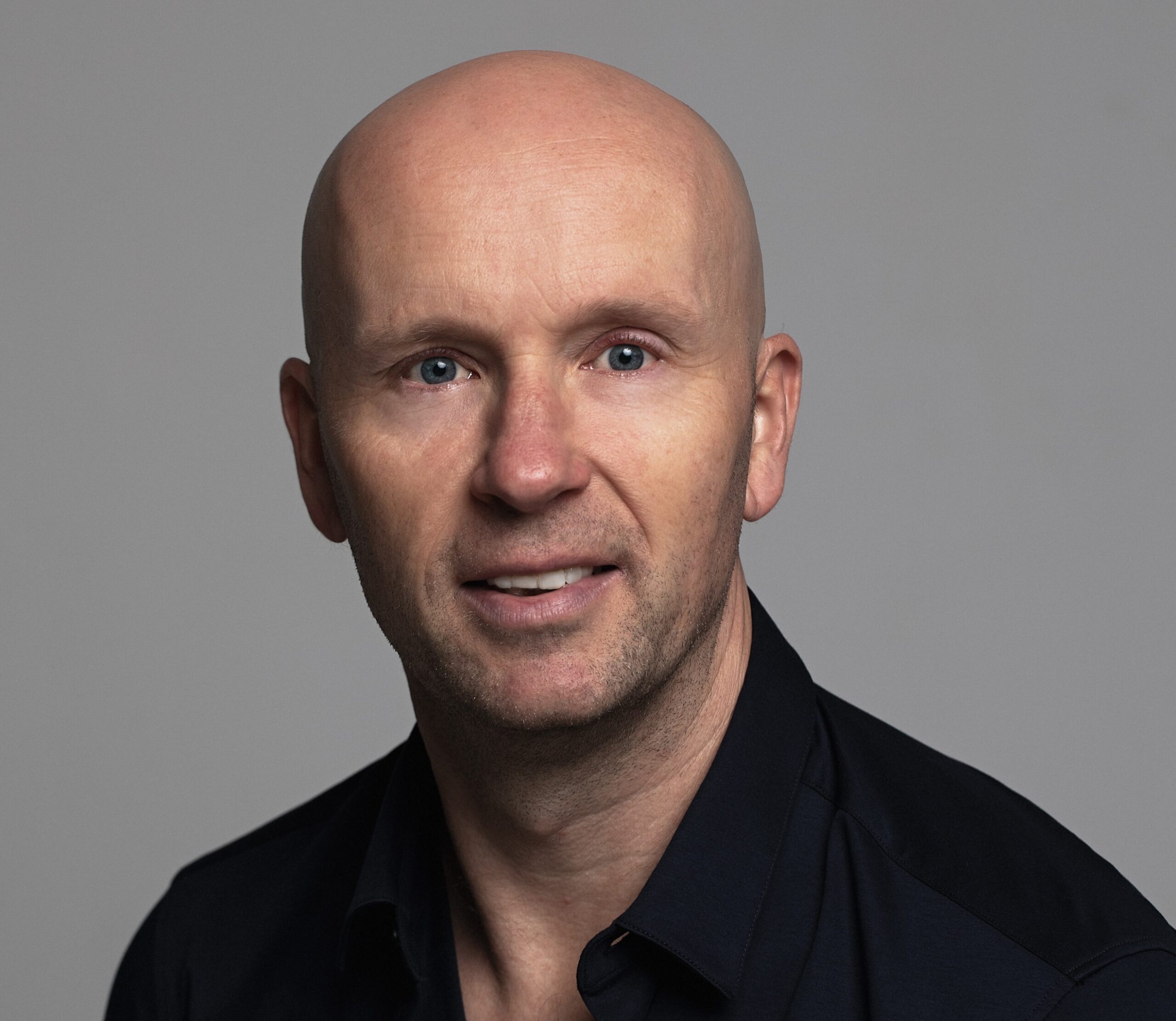Pandemic caused the business world to question the role of leaders. Diederik Heinink handles the role in his book, “The Era of the Who”
COVID-19 changed almost all aspects of business life, including leadership. Diederik Heinink, a Dutch business consultant and strategist, authored “The Era of the Who” and he is questioning the role of leaders and leadership in current times. Digitalization and remote working affected leadership very much, according to Heinink. “..The world is becoming more hybrid. For leaders this means they have to be ready to make these transitions. Both in terms as what’s needed from a business model perspective, as in terms of what consumers need. It also requires more empathy, because companies have lost employees or are losing their motivation. So, this crisis is also a booster for empathy-driven leadership,” emphasized Heinink. I interviewed Diederik Heinink and here’s what he told me .
Can you tell me the story of “The Era of the Who”? What did trigger you to write such a book?
I see consumer behavior rapidly changing, accelerated by the rise of technology. Consumers, people, are becoming more conscious and informed on any theme you can think of, but organizations seem to stay behind. This growing gap can only be filled by a different type of leadership. So, in my view we are entering The Era of the Who, in which leaders (the who) are more and making the difference. This requires a different kind of leader though, based on three major principles: authenticity, reliability, transparency.
As a result of awakening consumer, the world needs a new type of leadership. Can you define the new breed of leadership? What are the the specifics?
See above. Plus: we need more femininity. This is not about men vs women, but about feminine characteristics such as empathy, vulnerability, and above all: less ego. A bit of ego is fine and probably needed to lead, but too much is harmful.
In the book, you’re mentioning Who model for the leadership. What does it stand for and how does it function?
The Ultimate Who model consists of three pillars. Leadership that is doing well in these three areas, is able to build futureproof organizations by being extremely adaptive. The three pillars are:
- WORLD: a vision and strategy based on an outside-in view. So a long-term, inspiring vision that is based on what is happening and changing in the outside world. Inward-looking does not help in a rapidly-changing world.
- WORD: once your vision and strategy is crystal clear, you need to share it externally and internally to create fans and support. If nobody knows what your organization stands for and how you want to make the difference, it will be much harder to get there. This pillar is also about how you position and communicate: open, consistent, authentic, engaging, etcetera. These are all important values in this part of the story.
- WIRED: this is how you are organized. You need an adaptive organization that consists of adaptive leadership, that is able to change quickly and that is connected to relevant ecosystems in an increasingly digital environment, but also in the physical world.
How did COVID-19 effect the current leadership view? And can you explain the role of technology in leadership?
Many trends have accelerated, such as digitalization and remote working. Although some sectors have been heavily hit, like travel and hospitality, and now operate in crisis mode. But also, these sectors will (have to) transform. In one word: the world is becoming more hybrid. For leaders this means they have to be ready to make these transitions. Both in terms as what’s needed from a business model perspective, as in terms of what consumers need. It also requires more empathy, because companies have lost employees or are losing their motivation. So, this crisis is also a booster for empathy-driven leadership.

Obviously COVID-19 will cause the world to focus on regionalism. Which countries and industries will benefit from that trend?
Every sector can benefit. I travel you already see ‘deep travel’ coming up. Doets Reizen in the Netherlands is currently creating these travel programmes. Not going to Canada to see the beautiful forests, but go to Scandinavia that offers the same sceneries. The same goes for local food producers. There will be less competition from other continents; this means more space for local, sustainable products.
You’re underlining that businesses need more femininity in the leadership roles. Can companies succeed in this?
It’s a process. This will not happen overnight, but it will happen as people are demanding it. We are entering a different era, and traditional, ego-driven leadership is not that effective anymore. There is growing need for more equality, empathy, openness. We see this in the big number of protests and movements around the world. Of course they’re not always caused by this change, but often there is this underlying need for change of leadership. Technology only accelerates this as it offers people the possibility to mobilize groups of like-minded spirits around the world or in their city fast. Change will not go everywhere as fast, so it will lead to new clashes as well. Unfortunately, this is normal in processes like these. Change never happens in a straight line.
I noticed you’re suggesting companies to hire a Chief Trend Officer. Can you elaborate?
Yes, this is what I describe in part I of The Era of the Who: WORLD. To ensure you have a vision and strategy that is based on what’s happening around you (an outside-in view), you need to make sure you analyze trends and change and translate these into an effective strategy. And you need to do this consistently and almost in a programmatic way. You need professionals for that. This is not something you do on the side. Companies are still underestimating this and are then surprised that one day they wake up and lost their leading market position. You need to constantly look around and ahead and adapt.
The book is available on this link. Soon it will be out on Amazon as well.
Would you like to support TR Technews?
Hi everyone,
I’m running Turkishtechnews.com, a website on tech developments from Turkey. I will be covering subjects ranging from startups to gadgets, digital economy to social media. I’m keen on new technologies as well. On top of those, I’m interested in drama and cinema, with one short and one long film script and three plays. Holding a B.A degree in English Language and Literature, I’m a tech journalist with 15 years of experience.
The reason why I’m here is to produce good quality journalism and try to remain independent as much as possible. Currently, journalism is torn between vague relationships between brands and journalists, not only in Turkey but also globally. Under such circumstances to remain independent is crucial and I need your support to do so.









